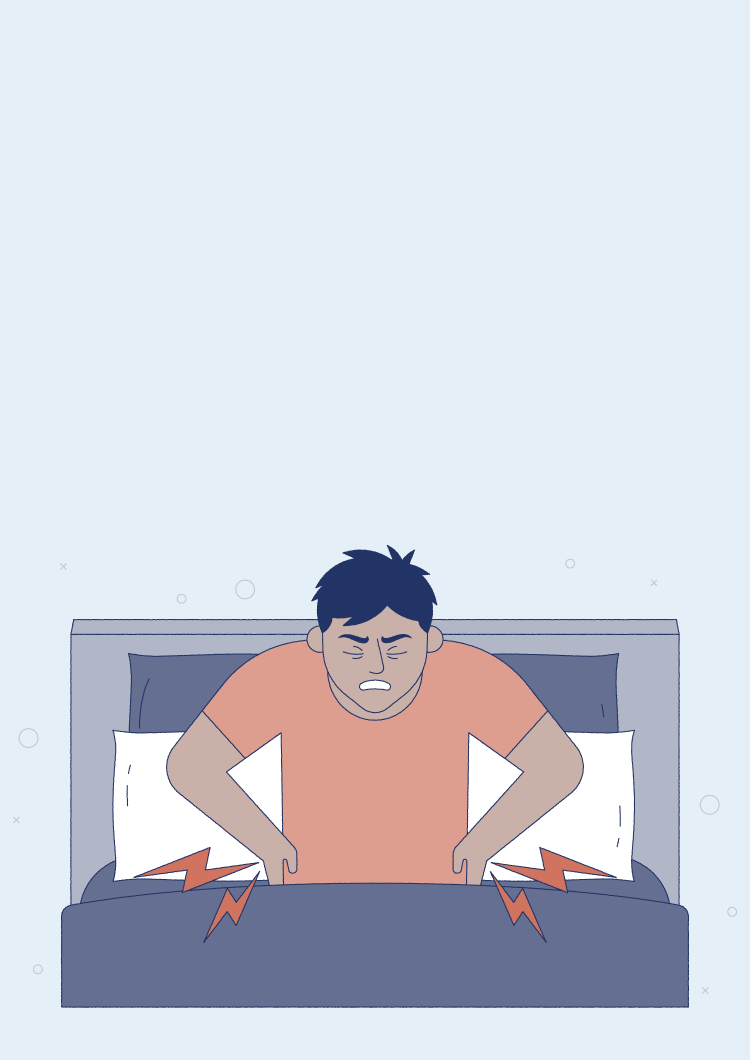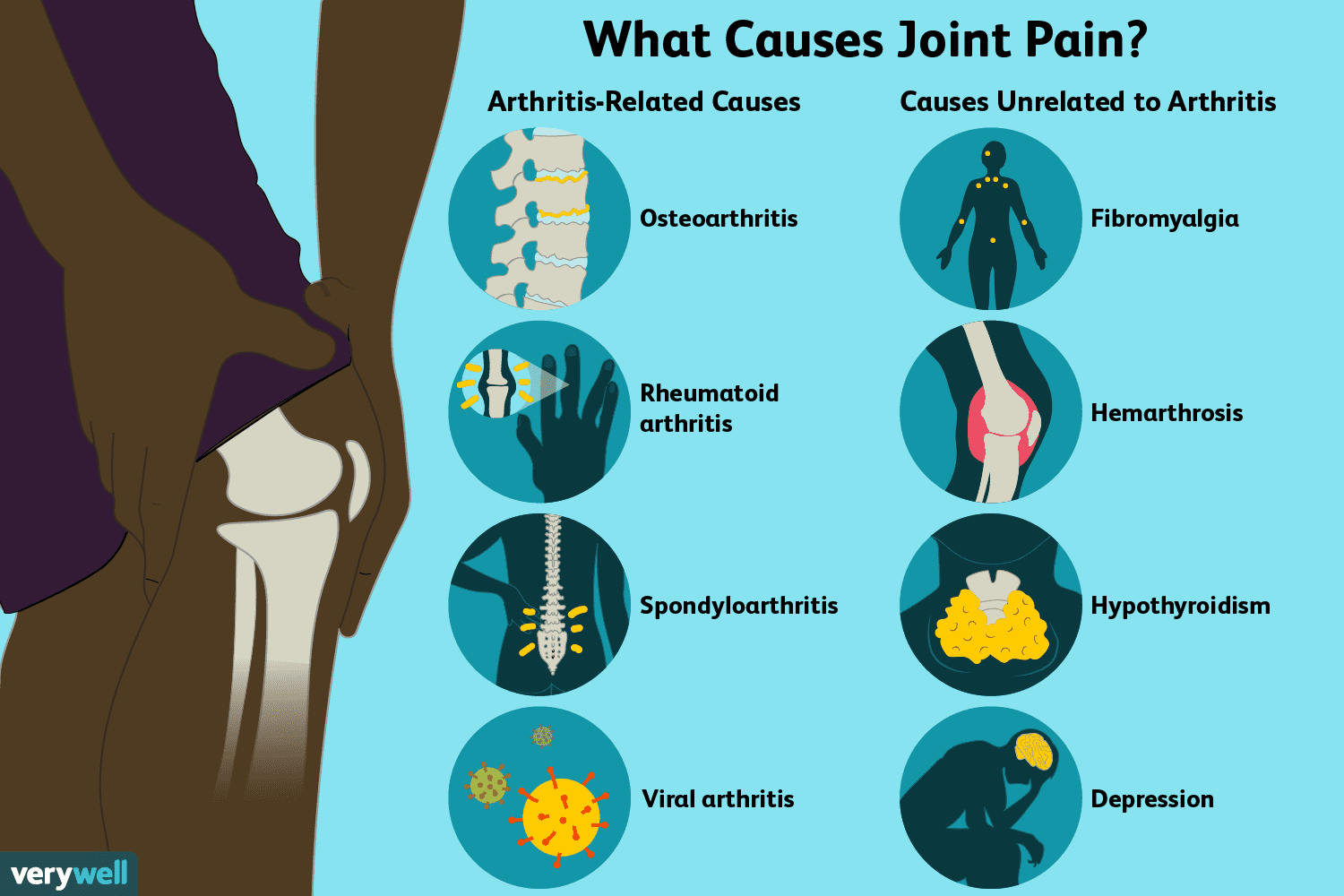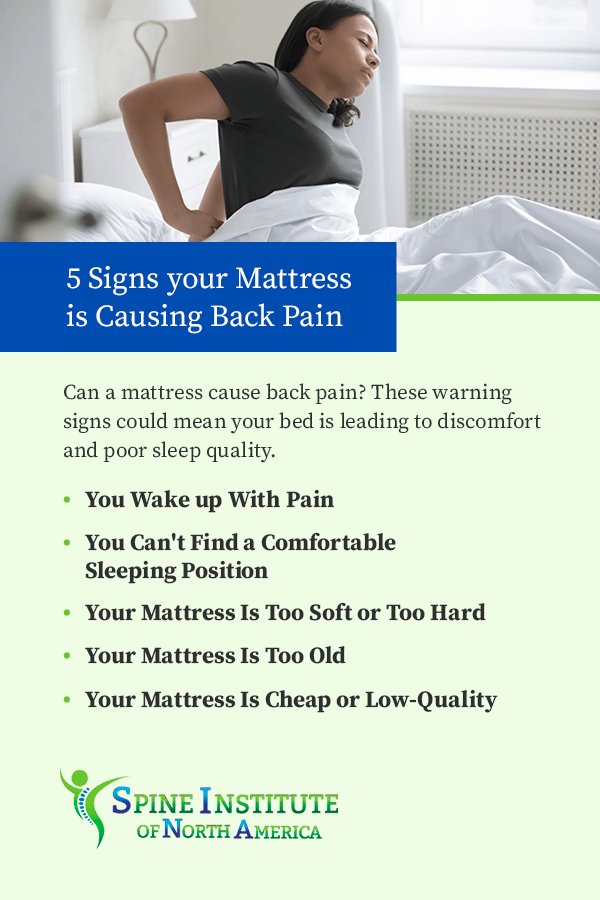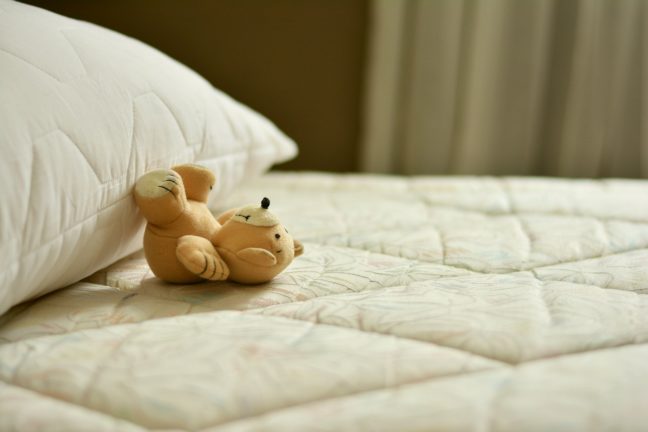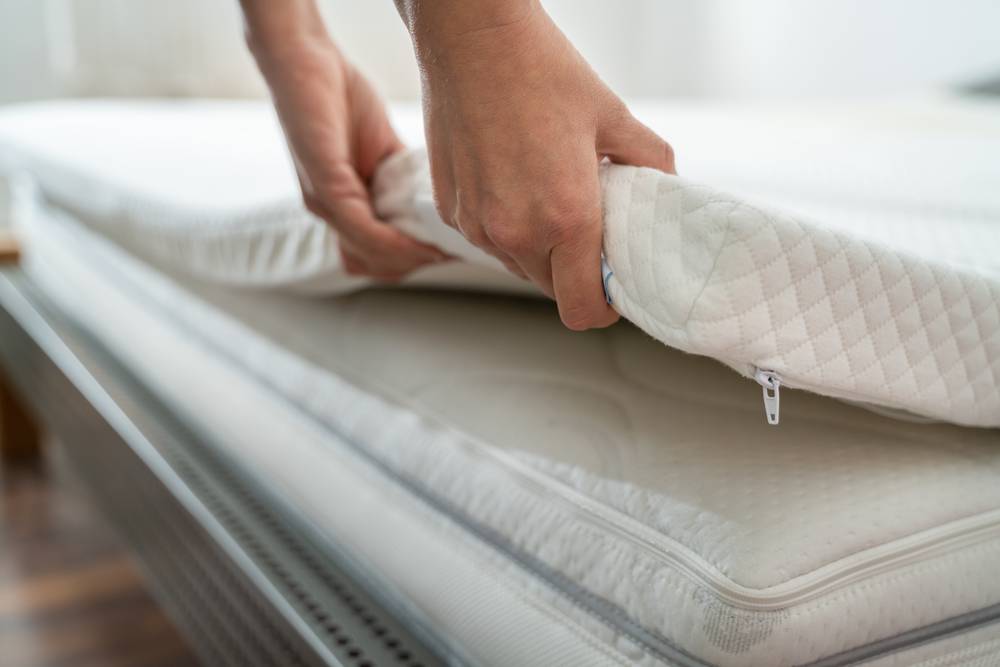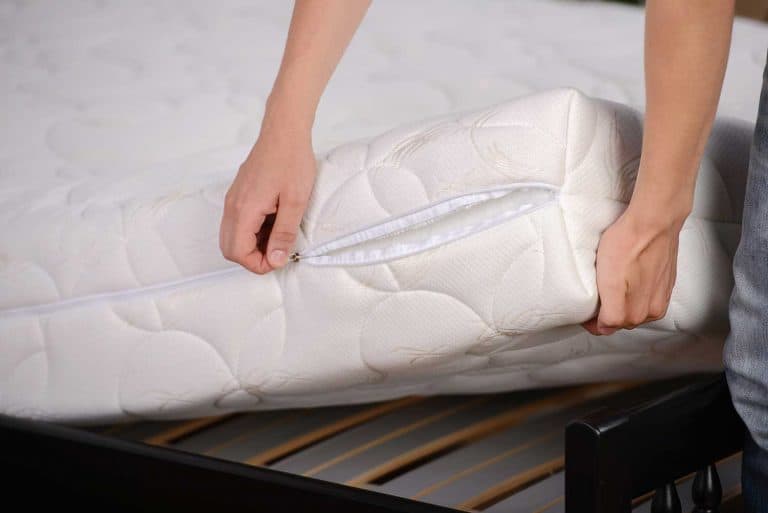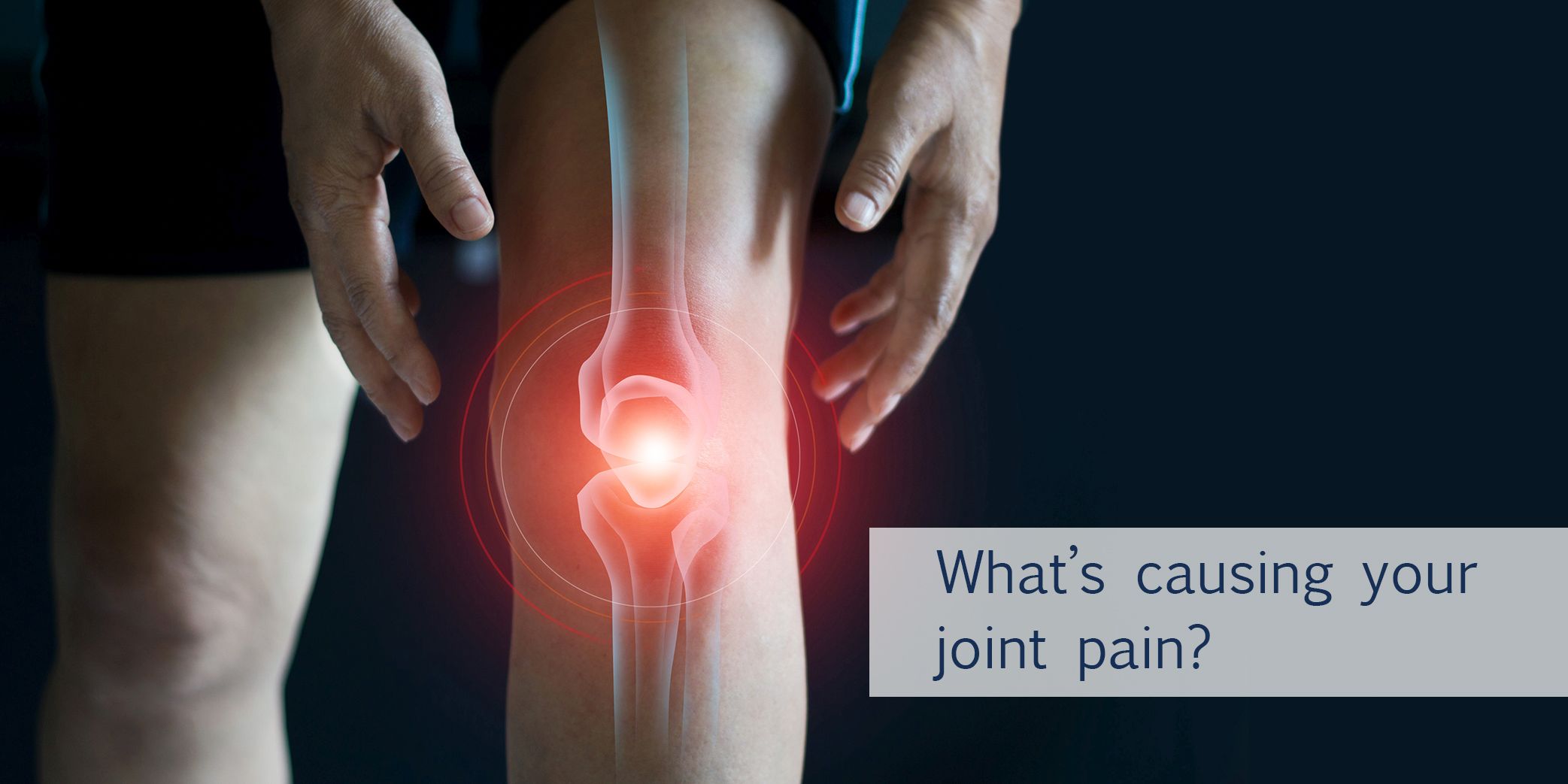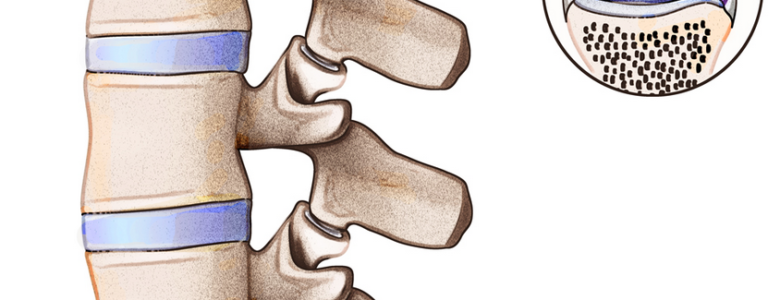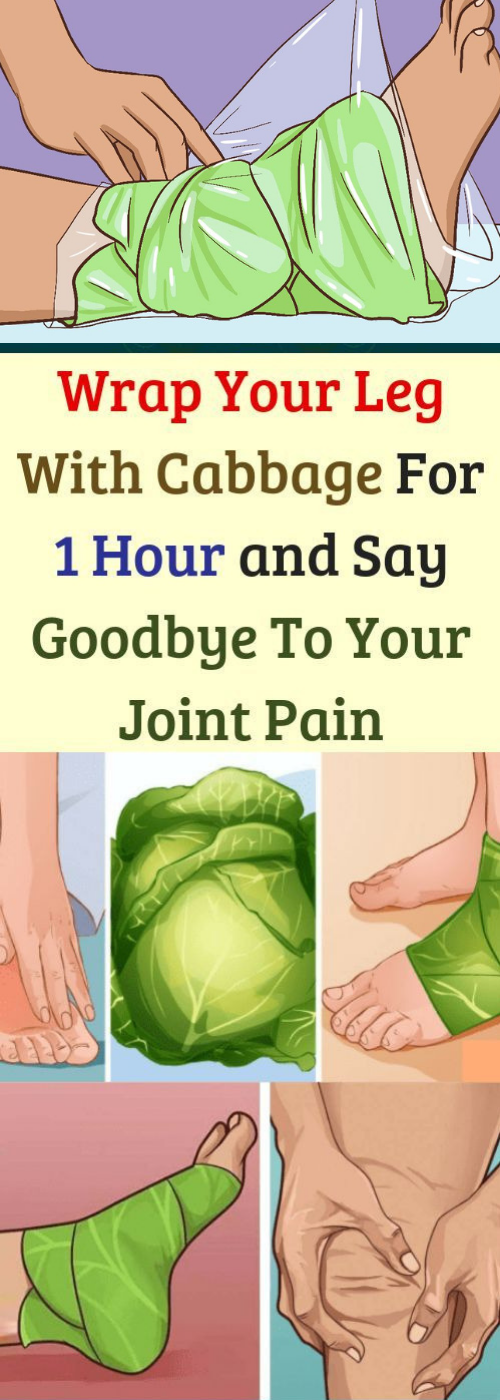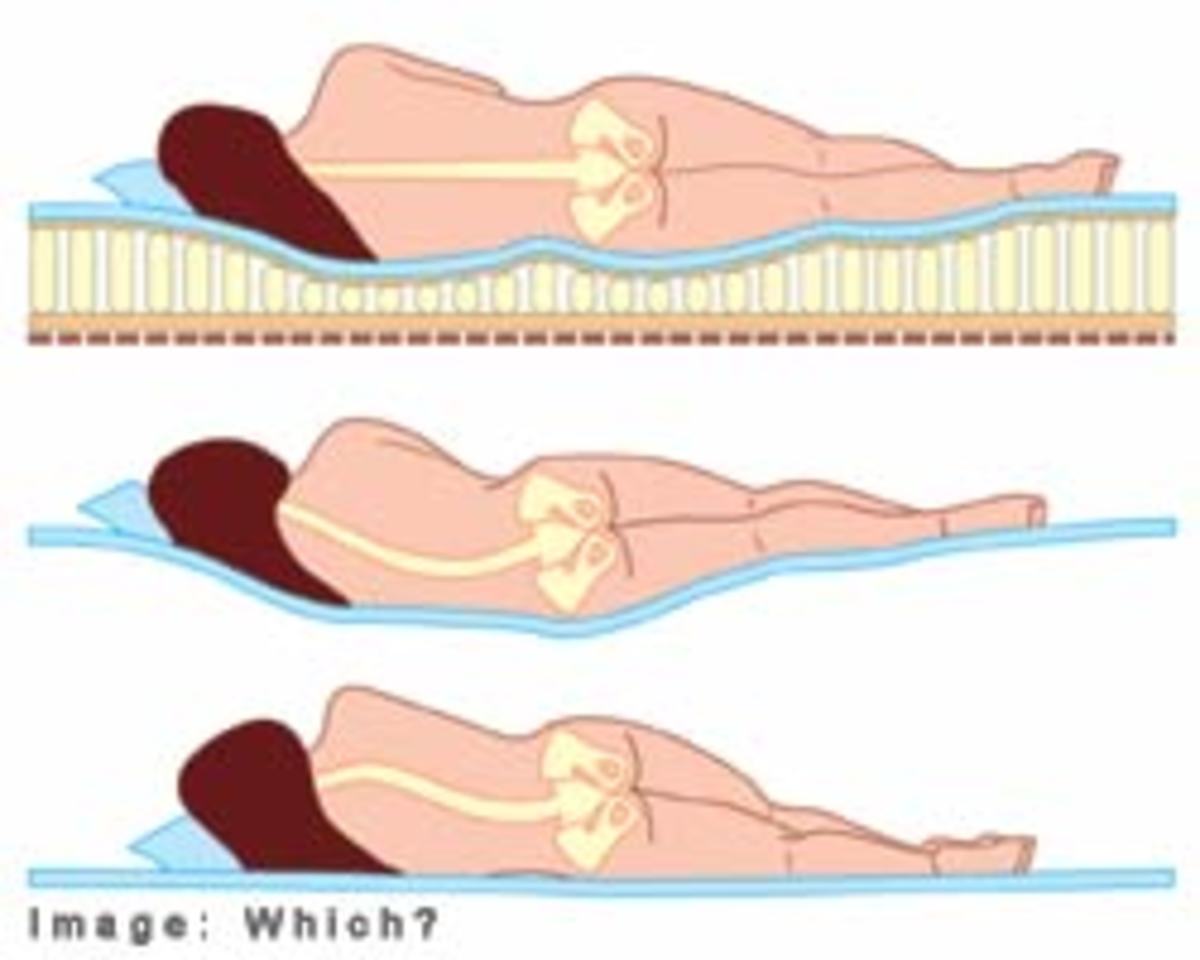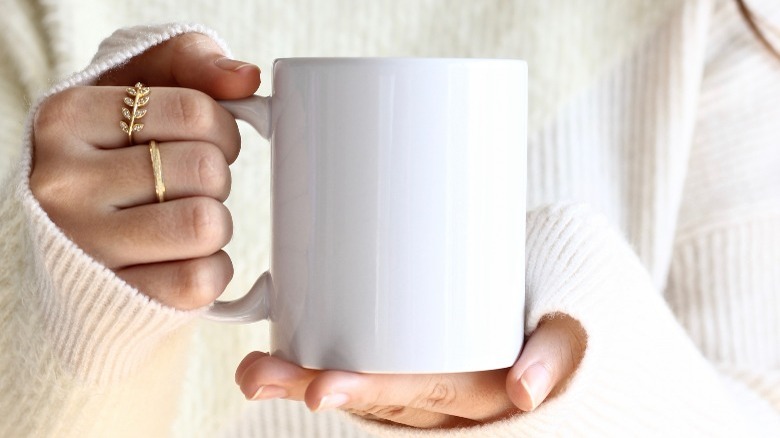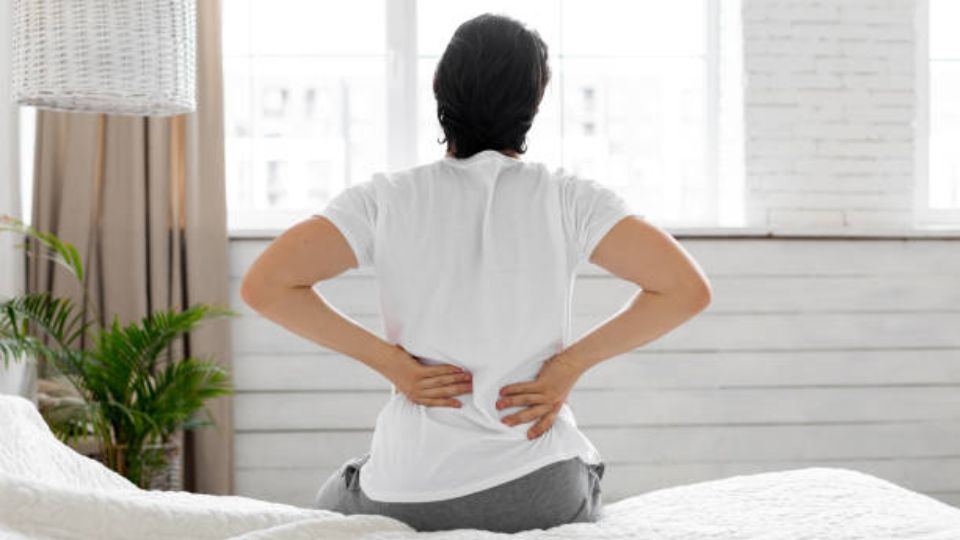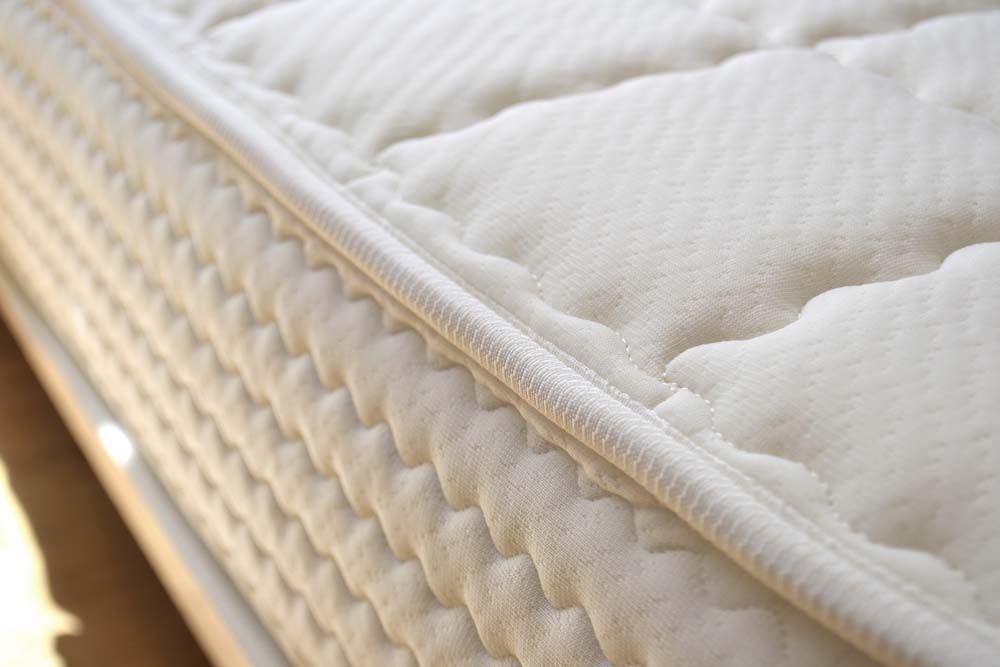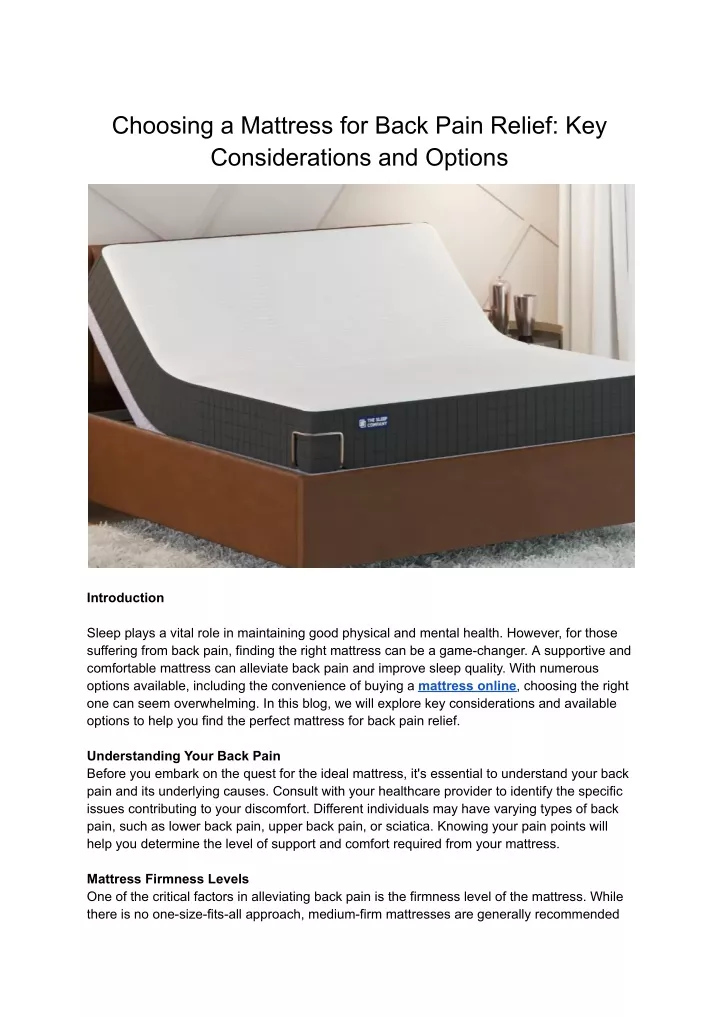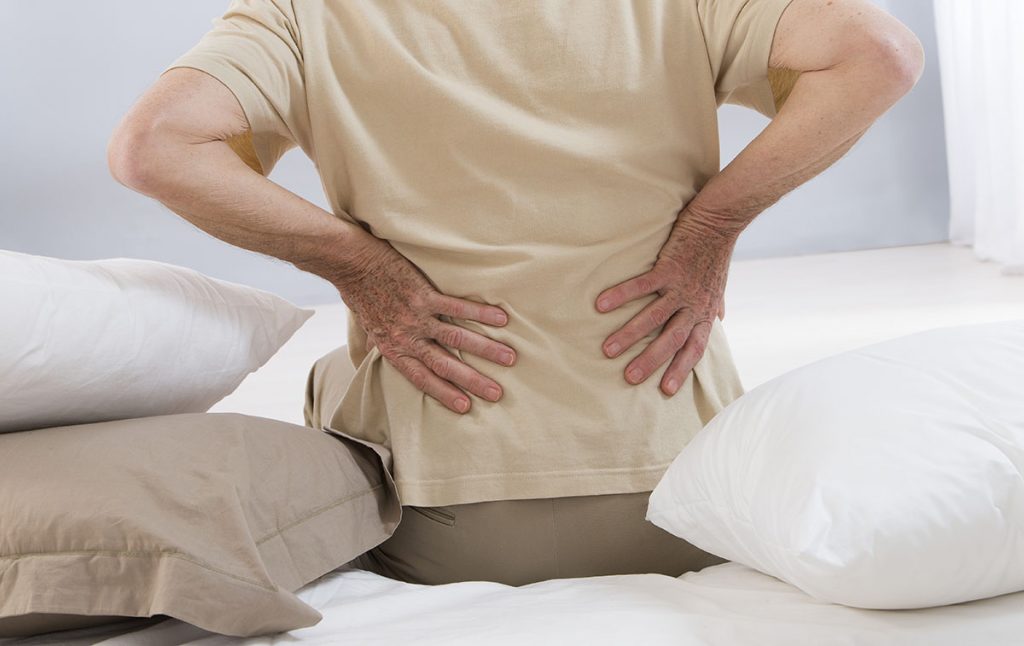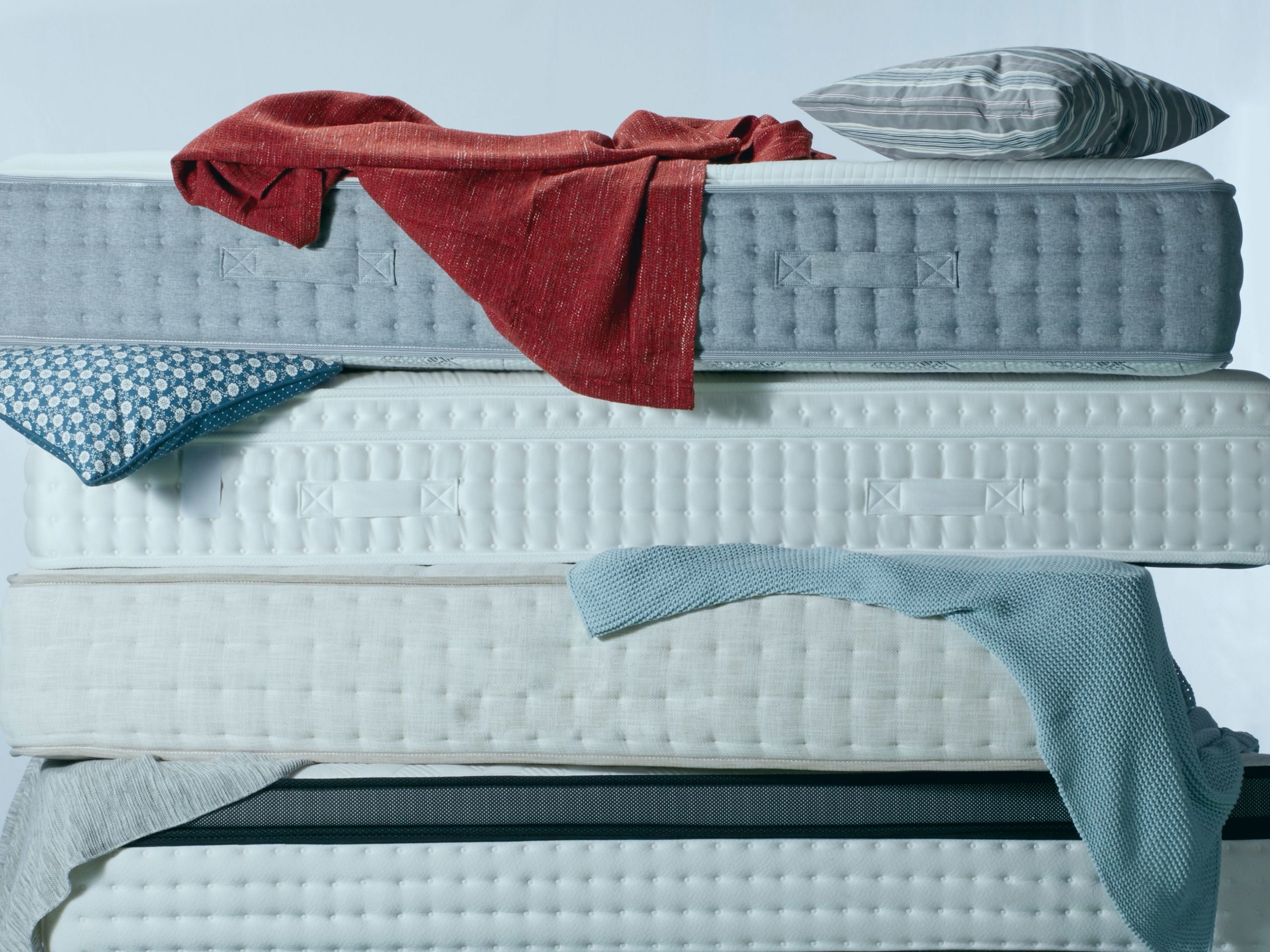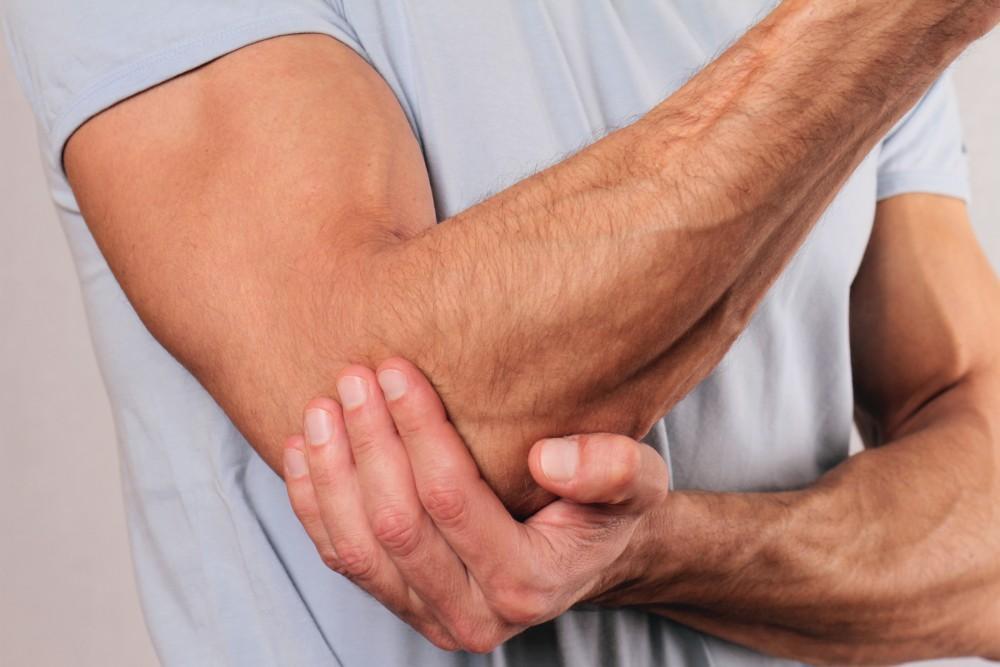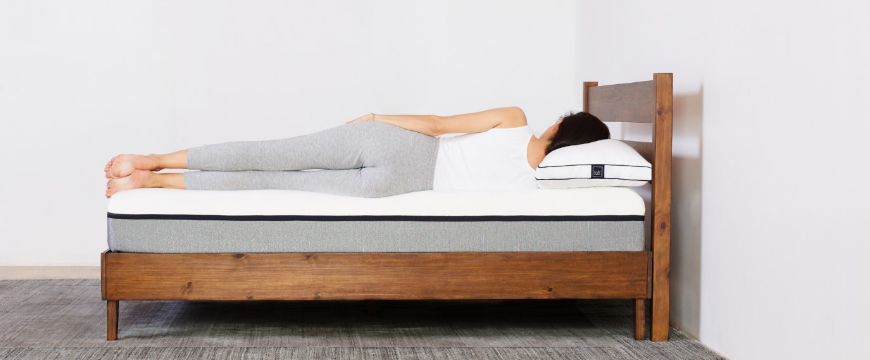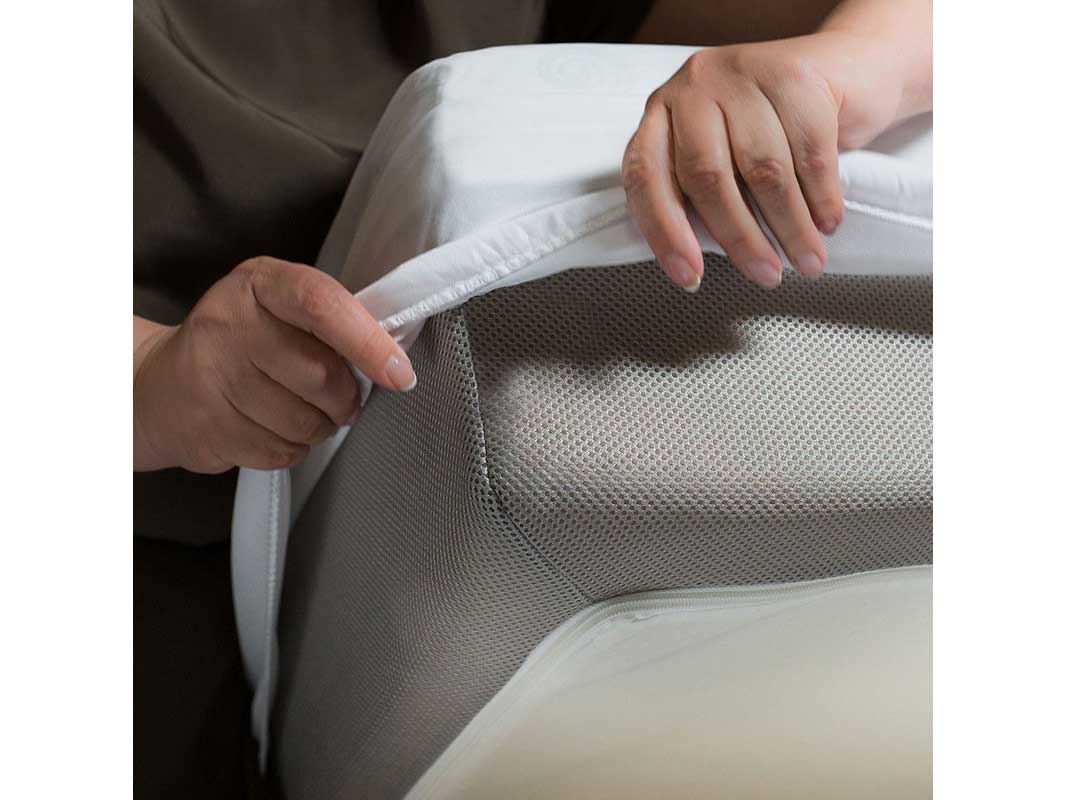Can a Mattress Cause Joint Pain?
If you've ever woken up with aches and pains in your joints, you may have wondered if your mattress is to blame. While there are many factors that can contribute to joint pain, your mattress could be a major culprit. The type and quality of your mattress can have a significant impact on the health of your joints, and choosing the right one can make all the difference in your comfort and pain levels.
How Your Mattress Can Cause Joint Pain
Your mattress plays a crucial role in supporting the natural alignment of your body while you sleep. If your mattress is too soft or too firm, it can cause your body to sink or be pushed out of alignment, putting pressure on your joints. Over time, this pressure can lead to inflammation and pain in your joints, which can affect your daily life and sleep quality.
Can Your Mattress Be Causing Your Joint Pain?
One way to determine if your mattress is causing your joint pain is to pay attention to how you feel when you wake up. If you feel stiff, sore, or achy in your joints, it could be a sign that your mattress is not providing enough support. You may also notice a difference in your pain levels on days when you sleep on a different mattress, such as when you travel.
The Link Between Mattresses and Joint Pain
Studies have shown a significant correlation between mattresses and joint pain. In fact, a study published in the Journal of Chiropractic Medicine found that people who slept on medium-firm mattresses experienced less pain and stiffness in their joints than those who slept on a firmer mattress. This is because a medium-firm mattress can provide the right balance of support and cushioning for your joints.
Is Your Mattress Causing Your Joint Pain?
If you suspect that your mattress is causing your joint pain, the first step is to assess the age and condition of your mattress. Mattresses typically have a lifespan of 7-10 years, and if yours is older than that, it may be time for a replacement. You should also check for visible signs of wear and tear, such as sagging or lumps, which can indicate that your mattress is no longer providing adequate support.
How to Choose a Mattress to Prevent Joint Pain
When shopping for a new mattress, it's essential to keep your specific needs in mind. If you suffer from joint pain, a medium-firm mattress is often the best choice as it can provide enough support while also offering some cushioning. Memory foam and latex mattresses are also good options as they can contour to your body and relieve pressure on your joints.
Can a Bad Mattress Cause Joint Pain?
While there is no one-size-fits-all answer, a bad mattress can definitely contribute to joint pain. If your mattress is too soft or too firm, it can cause your body to be out of alignment and put pressure on your joints. This can lead to pain and discomfort, especially in sensitive areas like the hips, shoulders, and knees.
Improving Joint Pain with the Right Mattress
If you're suffering from joint pain, investing in a high-quality mattress can make a significant difference. The right mattress can provide the proper support and cushioning to alleviate pressure on your joints and promote a more restful sleep. This can improve your overall health and well-being and allow you to wake up feeling refreshed and pain-free.
Choosing the Best Mattress for Joint Pain Relief
If you're in the market for a new mattress, it's essential to look for features that can help relieve joint pain. Look for a medium-firm mattress with good support and pressure-relieving properties. You may also want to consider a mattress with cooling technology, as this can help regulate your body temperature and reduce inflammation in your joints.
How to Tell if Your Mattress is Causing Joint Pain
If you're still unsure if your mattress is causing your joint pain, consider consulting with a healthcare professional. They can help determine if your mattress is the culprit and provide recommendations for a better-suited option. You should also pay attention to your body's cues and make note of any changes in your pain levels when you switch to a different mattress.
The Importance of Proper Mattress Support for Joint Pain

How Your Mattress Can Affect Your Joint Health
 When it comes to finding relief from joint pain, many people turn to medications and physical therapy. However, one factor that is often overlooked is the quality and support of our
mattresses
. While it may seem like a simple and insignificant piece of furniture, the
mattress
we sleep on can actually play a significant role in our joint health.
When it comes to finding relief from joint pain, many people turn to medications and physical therapy. However, one factor that is often overlooked is the quality and support of our
mattresses
. While it may seem like a simple and insignificant piece of furniture, the
mattress
we sleep on can actually play a significant role in our joint health.
The Role of Mattress Support
 Our joints, particularly the spine, hips, and shoulders, need proper support while we sleep. This ensures that our body remains in alignment and allows our muscles and ligaments to relax and rejuvenate. A
mattress
that is too soft or lacking in support can cause our body to sink in, creating pressure points that strain our joints and muscles. This can lead to discomfort and pain, particularly in those who suffer from conditions such as arthritis or fibromyalgia.
Our joints, particularly the spine, hips, and shoulders, need proper support while we sleep. This ensures that our body remains in alignment and allows our muscles and ligaments to relax and rejuvenate. A
mattress
that is too soft or lacking in support can cause our body to sink in, creating pressure points that strain our joints and muscles. This can lead to discomfort and pain, particularly in those who suffer from conditions such as arthritis or fibromyalgia.
Choosing the Right Mattress
 When shopping for a
mattress
, it's important to keep in mind the level of support it provides. Look for
mattresses
that are labeled as medium-firm or firm, as these tend to offer the best support for joint health. It's also important to consider your sleeping position. For example, side sleepers may benefit from a softer
mattress
to relieve pressure on their shoulders and hips, while back and stomach sleepers may prefer a firmer
mattress
to keep their spine aligned.
When shopping for a
mattress
, it's important to keep in mind the level of support it provides. Look for
mattresses
that are labeled as medium-firm or firm, as these tend to offer the best support for joint health. It's also important to consider your sleeping position. For example, side sleepers may benefit from a softer
mattress
to relieve pressure on their shoulders and hips, while back and stomach sleepers may prefer a firmer
mattress
to keep their spine aligned.
The Importance of Replacing Your Mattress
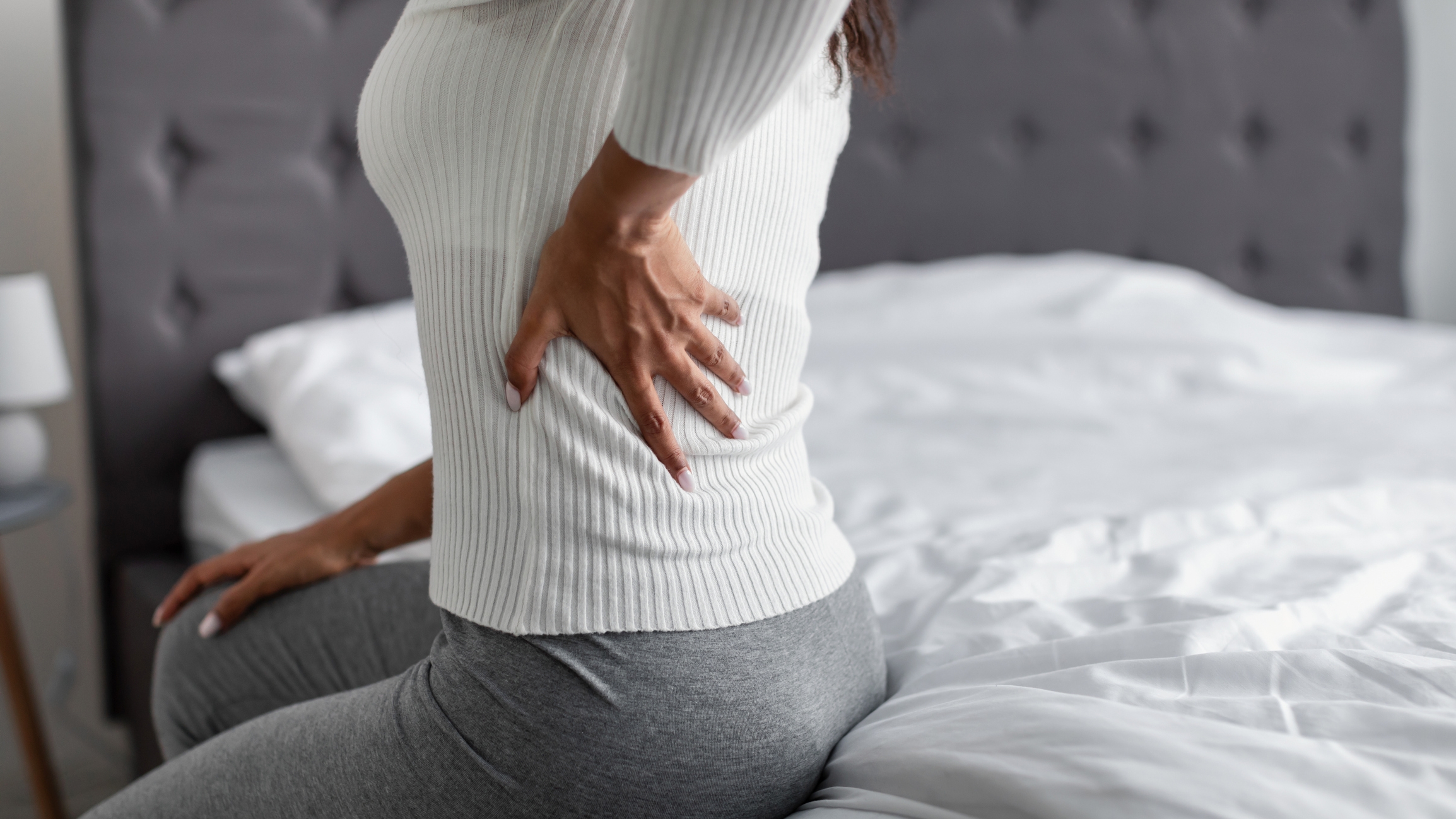 It's recommended to replace your
mattress
every 7-10 years, as it can lose its support and comfort over time. If you're experiencing joint pain, it may be a sign that your
mattress
needs to be replaced. Additionally, if you notice lumps, sagging, or uneven areas on your
mattress
, it's time for a new one.
In conclusion, while there are many factors that can contribute to joint pain, our
mattress
is one that should not be overlooked. Investing in a quality
mattress
with proper support can make a significant difference in our joint health and overall well-being. So, the next time you're shopping for a
mattress
, keep in mind the importance of proper support for your joints.
It's recommended to replace your
mattress
every 7-10 years, as it can lose its support and comfort over time. If you're experiencing joint pain, it may be a sign that your
mattress
needs to be replaced. Additionally, if you notice lumps, sagging, or uneven areas on your
mattress
, it's time for a new one.
In conclusion, while there are many factors that can contribute to joint pain, our
mattress
is one that should not be overlooked. Investing in a quality
mattress
with proper support can make a significant difference in our joint health and overall well-being. So, the next time you're shopping for a
mattress
, keep in mind the importance of proper support for your joints.
